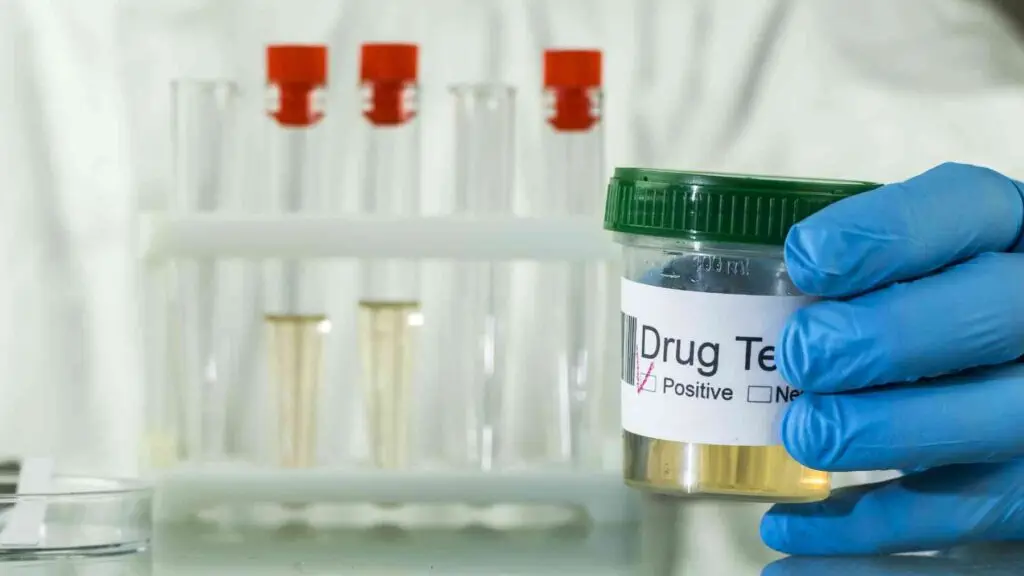
Consortiums help you meet federal CDL drug testing requirements
Staying on top of federal CDL drug testing requirements can be an administrative nightmare for owner-operators as well as larger operations.

Staying on top of federal CDL drug testing requirements can be an administrative nightmare for owner-operators as well as larger operations.

Staying abreast of issues pertaining to random drug testing programs are at the heart of services that Wisconsin Drug Testing Consortium (WDTC) provides for our customers.

Wisconsin Drug Testing Consortium’s (WDTC) convenient nationwide collection capabilities are creating time-saving efficiencies for CDL drivers and their employers as they submit data to the FMCSA’s Drug and Alcohol Clearinghouse database and fulfill DOT drug testing requirements.

DOT drug testing requirements for CDL drivers operating commercial motor vehicles include responsibilities for drivers as well as employers.

The window for DOT random drug testing for 2020 is coming to a close, and Wisconsin Drug Testing Consortium (WDTC) suggests completing your tests by mid-December at the latest.

The fourth quarter is here, which means it is DOT consortium renewal time in addition to open enrollment period for healthcare plans.

DOT drug compliance testing requirements are one of the few constants during the COVID-19 era that has been anything but normal for the transportation industry.

The Federal Motor Carrier Safety Administration (FMCSA) announced on July 6, 2020 that it is leaving the door open to relaxing enforcement of certain DOT drug testing requirements.

Wisconsin Drug Testing Consortium (WDTC) is a Certified Third Party Administrator that conducts random drug testing programs for customers in northeastern Wisconsin and Upper Michigan. We help employers and owner-operators meet compliance requirements pertaining to DOT drug testing rules.

As CBD (cannabidiol) use increases across the country, some commercial driver’s license holders are wondering if CBD is detected in drug tests. The question “Is CBD detected in drug tests?” likely comes down to whether the cannabis extract is pure.